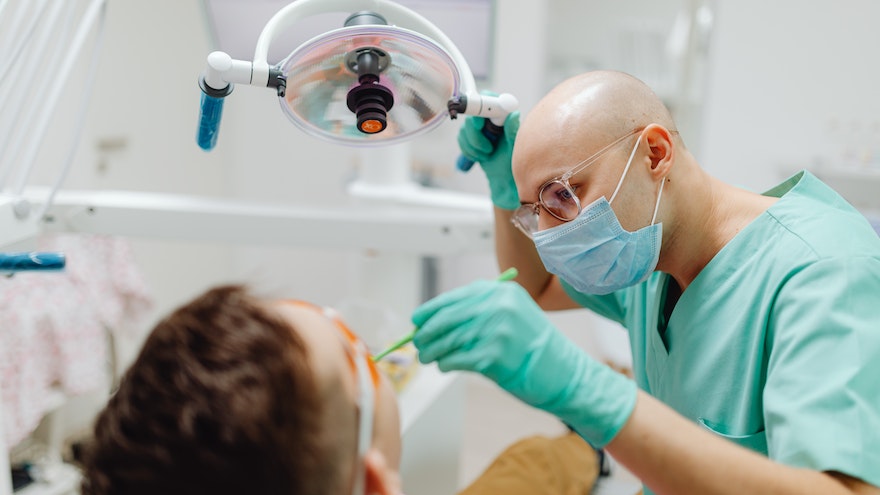Leaky gut, also known as intestinal permeability, is a condition in which the lining of the small intestine becomes damaged, allowing bacteria and toxins to leak through the intestinal wall and into the bloodstream. This can lead to a wide range of health issues, including food sensitivities, chronic inflammation, and autoimmune diseases.
If you suspect that you may have leaky gut, it is important to receive an accurate diagnosis so that you can begin the appropriate treatment. Here are some steps you can take to diagnose leaky gut:
1. Keep a Food and Symptom Diary
One of the first steps in diagnosing leaky gut is to track your diet and any symptoms you may be experiencing. This can help you and your healthcare provider identify any potential triggers or patterns that may be contributing to your symptoms.
To create a food and symptom diary, simply write down everything you eat and drink, as well as any symptoms you experience, including stomach pain, bloating, gas, diarrhea, constipation, and fatigue. Be sure to note the timing of your meals and symptoms, as this can help to pinpoint any potential connections.
2. Undergo Digestive Function Testing
There are several tests that can be used to assess your digestive function and identify any issues with the health of your gut lining. Some of the most common tests include:
- Stool analysis: This test looks at the presence of beneficial bacteria, harmful bacteria, and markers of inflammation in your stool. It can also identify any imbalances or deficiencies in your gut microbiome.
- Lactulose-mannitol test: This test involves consuming a solution containing the sugars lactulose and mannitol, and then measuring the amount of each sugar that appears in your urine. The test is used to assess the integrity of the gut lining, as lactulose is too large to pass through a healthy gut lining, while mannitol is small enough to pass through. If a higher proportion of lactulose appears in the urine, it may indicate a leaky gut.
- Breath testing: This test measures the levels of certain gases, such as hydrogen and methane, in your breath. Imbalances in these gases can be indicative of digestive issues, including leaky gut.
3. Get a Physical Examination
A physical examination can provide valuable information about the state of your overall health and may uncover any physical signs of leaky gut or other digestive issues. Your healthcare provider will likely listen to your abdomen with a stethoscope, check for any tenderness or swelling, and feel for any lumps or abnormalities.

4. Consider Other Tests
Depending on your specific symptoms and medical history, your healthcare provider may recommend additional tests to help diagnose leaky gut. Some of these tests may include blood tests to check for inflammation, food sensitivities, or nutrient deficiencies, or imaging tests such as an X-ray or CT scan to assess the health of your digestive tract.
5. Seek Out a Functional Medicine Practitioner
Functional medicine practitioners are trained to look at the underlying causes of health issues and take a holistic approach to treatment. They may be able to provide a more comprehensive evaluation of your gut health and identify any factors that may be contributing to your symptoms.
6. Consider the Root Cause of Your Symptoms
It is important to consider the potential underlying causes of your symptoms and not just focus on treating the symptoms themselves. Leaky gut can be caused by a variety of factors, including poor diet, excessive alcohol consumption, chronic stress, and certain medications. Working with a healthcare provider to address these root causes can be an important step in healing your gut and improving your overall health.
If you’re interested in learning more about how to support your gut health, be sure to download our free gut health guide and try a free 3-day supply of our probiotic green juice called Life Greens. This refreshing and nourishing drink is packed with gut-loving ingredients and can help to support the growth of beneficial bacteria in your gut microbiome.
The gut is an important part of our overall health and well-being, and taking care of it can have far-reaching effects on our energy levels, mood, and immune system function. By following these steps and working with a healthcare provider, you can take control of your gut health and get on the path to feeling your best.


